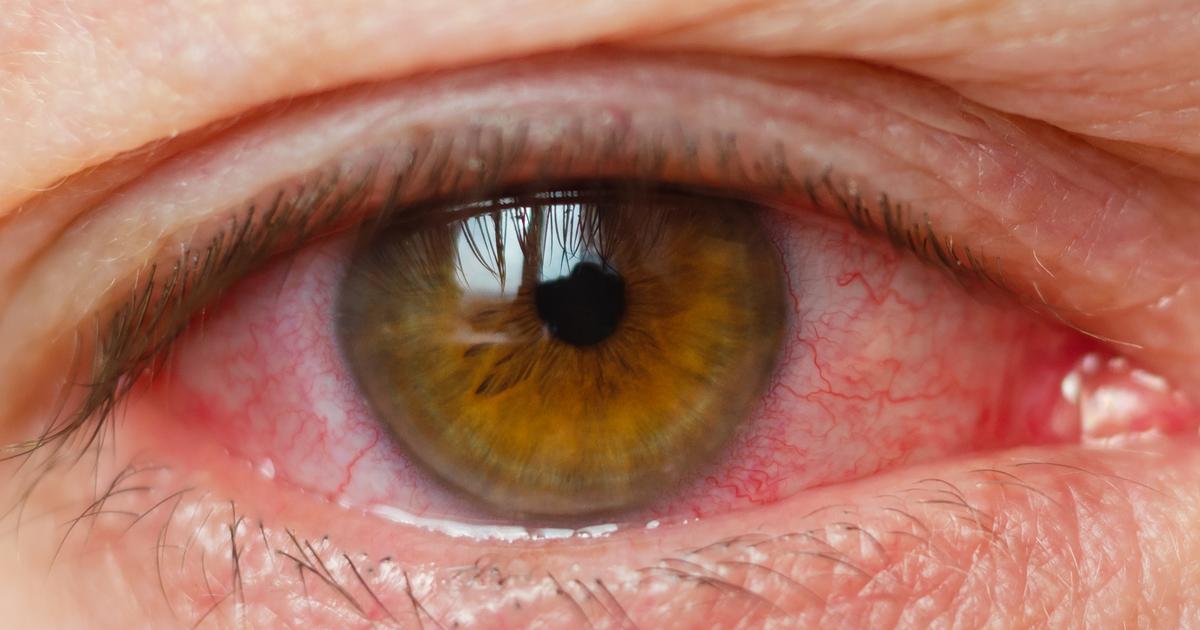Pink Eye: Causes, Symptoms and Treatments
Eye Irritation

Patients with all types of conjunctivitis may develop eye irritation, or vice versa. The affected eye could become inflamed, and swelling of the conjunctiva might be present. Some patients report a burning sensation in the eye, and there may be a discharge of pus or mucus from the affected area. The eyelids could become swollen, and the patient might notice an increase in tear production. In the case of viral conjunctivitis, any discharge from the eye is likely to be watery. Chemicals splashed into the eyes and foreign bodies lodged in the eyes could both cause eye irritation and lead to pink eye.
Since eye irritation could sometimes be a symptom of a more serious infection, it is important for the patient to see their eye doctor urgently if eye pain, blurry vision, and sensitivity to light develop and fail to resolve after twelve to twenty-four hours. Patients should seek urgent care if they have a foreign body stuck in the eye as well. To ease irritation, doctors may be able to prescribe lubricating eye drops or an eye ointment.
Redness And Itchiness

Patients with pink eye typically experience redness and itchiness. The white of the eye could turn pink or red, and patients with bacterial conjunctivitis are particularly likely to notice discharge that could cause the eyelids to stick together. This is especially common in the mornings after the patient has been asleep overnight. The itching associated with pink eye can be very intense, and many patients are often unable to avoid rubbing or scratching the affected area. In these cases, it is very easy to transfer the infection to both eyes, and complications could develop. For example, the patient's corneas might become inflamed, and this could cause vision changes.
To ease redness and itching, doctors recommend applying cold or warm compresses to the eyes several times each day. The patient can choose any type of compress that feels soothing, and the protective cloth over the compress should be washed or changed after each use. If redness and itchiness are due to allergic conjunctivitis, the doctor might prescribe anti-inflammatory eye drops, mast cell stabilizers, antihistamines, or decongestants. It can be helpful for the doctor to know when the patient first noticed redness and itchiness and if these symptoms have worsened.
